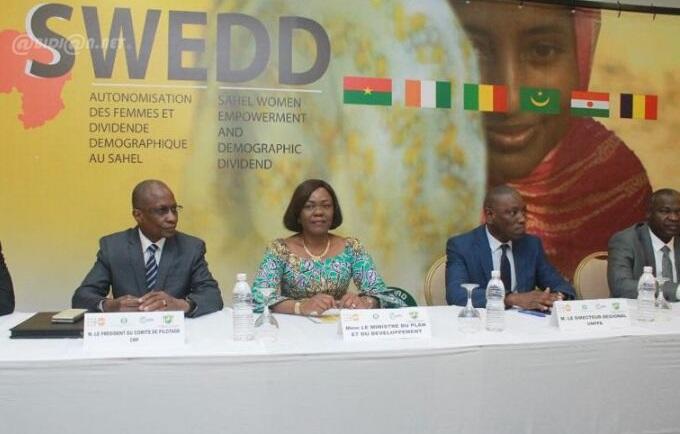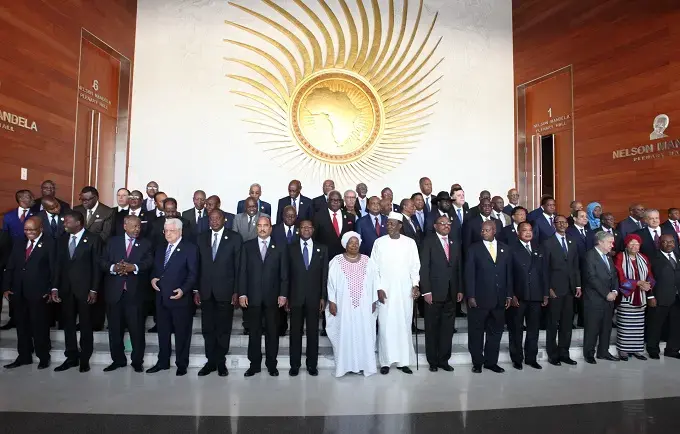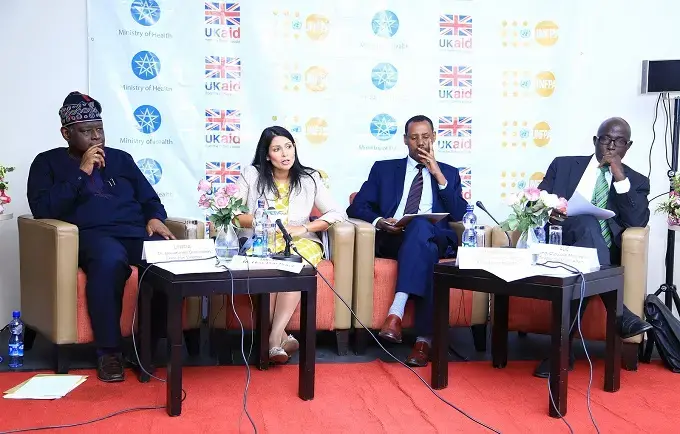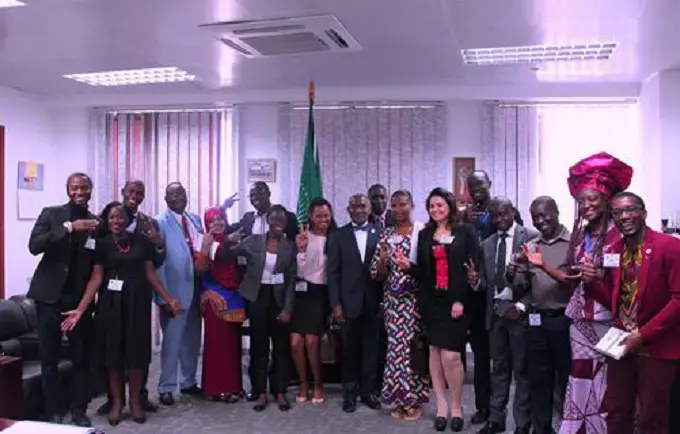African First Ladies contribution towards the Continental Agenda on Women Empowerment and the Demographic Dividend
Despite the significant progress made in raising economic growth rates, improving maternal health, decreasing infant mortality and increasing school enrollment rates for girls, and improving the participation of women in decision-making processes, most countries in the Sahel region are still unable to translate this economic growth into a prosperous and better quality of life for the people. A High-level Meeting on the SWEDD Initiative was organized by UNFPA/WCARO in the margins of the 29th AU General Assembly.
This high-level meeting according to Mr. Mabingue Ngom, Regional Director of UNFPA/WCARO aims “to provide a platform for exchanges between First Ladies and the community of partners on the major challenges of empowering women and girls in order to strengthen their commitment to support efforts to address these challenges”. The meeting also informed them about their participation in the launch of the regional communication campaign for social and behavioral change that will take place later in August 2017 in Korhogo, Côte d’Ivoire. The involvement of high-level political leaders, including the African First Ladies was identified particularly concerning the SWEDD Social and Behavioral Change Communication (SBCC) Strategy to harness the demographic dividend. The success of this initiative depends to a large extent on the successful implementation of interventions aimed at generating women and girls’ empowerment, girls’ education, prevention of child marriages, prevention of gender-based violence and female genital mutilation and the promotion of the use of rights-based reproductive health services. These interventions constitute the portfolio of the SWEDD project. The SWEDD project is an initiative supported by the United Nations Population Fund (UNFPA), the World Bank (WB), the Economic Community of West African States (ECOWAS) and the governments of six countries (Burkina Faso, Côte d’Ivoire, Mali, Mauritania, Niger and Chad).





